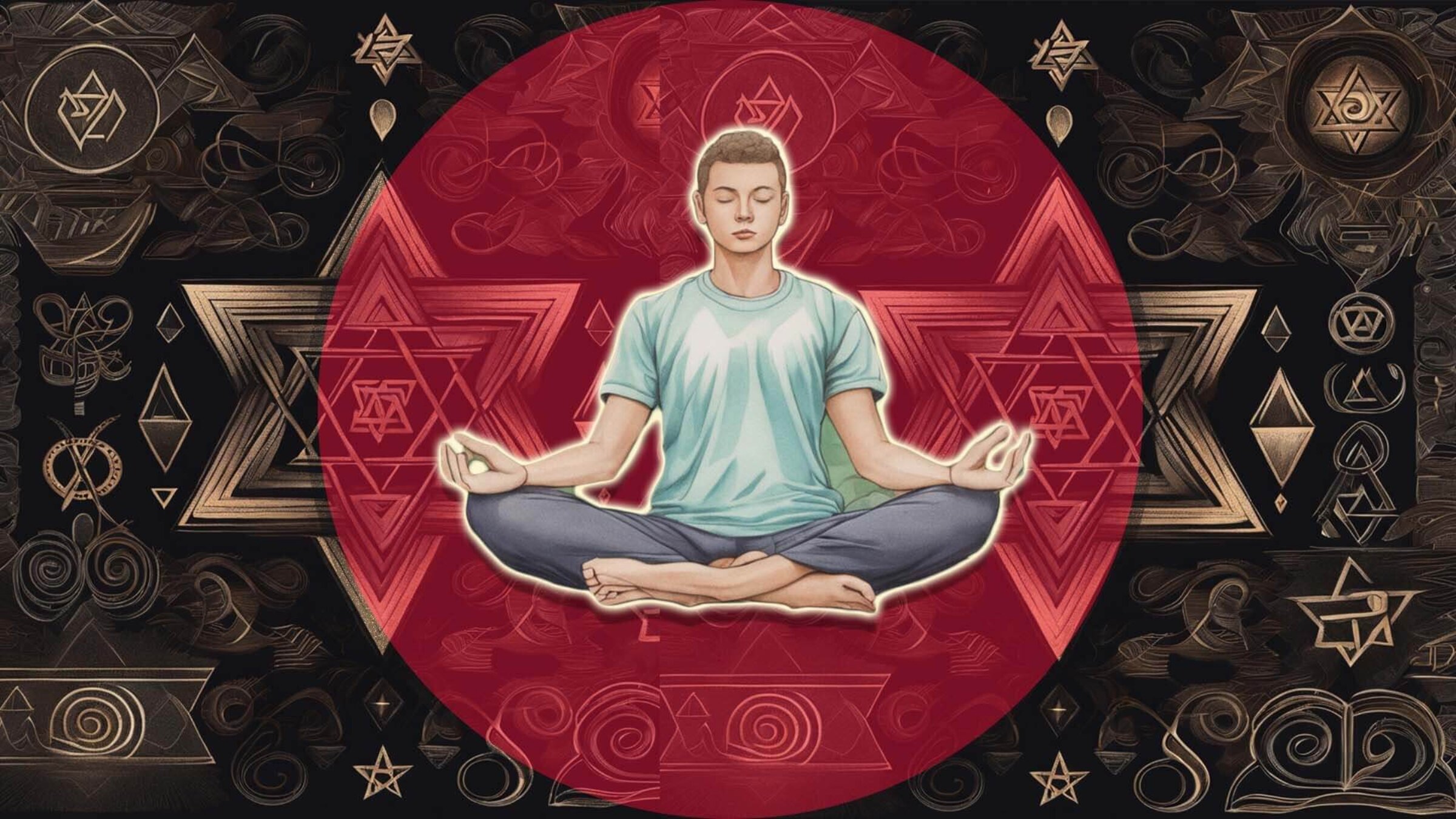
Improve Your Mental Health with These 20 Mindfulness Techniques
 Mental health is an essential part of our overall well-being. It is just as important as physical health, and it is crucial to take care of it just as we would our physical health. Mindfulness is a powerful tool that can help improve our mental health. It is a practice that involves being present in the moment and being aware of our thoughts, feelings, and surroundings. Here are 20 mindfulness techniques that can help improve your mental health.
Mental health is an essential part of our overall well-being. It is just as important as physical health, and it is crucial to take care of it just as we would our physical health. Mindfulness is a powerful tool that can help improve our mental health. It is a practice that involves being present in the moment and being aware of our thoughts, feelings, and surroundings. Here are 20 mindfulness techniques that can help improve your mental health.
1. Practice deep breathing: Deep breathing is a simple yet effective mindfulness technique that can help reduce stress and anxiety. Take a deep breath in through your nose, hold it for a few seconds, and exhale slowly through your mouth.
2. Practice meditation: Meditation is a technique that involves focusing your attention on a particular object, thought, or activity. It can help reduce stress, anxiety, and depression.
3. Practice yoga: Yoga is a form of exercise that combines physical poses, breathing techniques, and meditation. It can help reduce stress, anxiety, and depression.
4. Practice gratitude: Gratitude is a powerful mindfulness technique that involves focusing on the things you are grateful for in your life. It can help improve your mood and reduce stress.
5. Practice journaling: Journaling is a technique that involves writing down your thoughts, feelings, and experiences. It can help you gain clarity and perspective on your life.
6. Practice mindful eating: Mindful eating involves paying attention to the taste, texture, and smell of your food. It can help you develop a healthier relationship with food and reduce overeating.
7. Practice mindful walking: Mindful walking involves paying attention to the sensations in your body as you walk. It can help reduce stress and improve your mood.
8. Practice visualization: Visualization involves imagining a peaceful, calming scene in your mind. It can help reduce stress and anxiety.
9. Practice progressive muscle relaxation: Progressive muscle relaxation involves tensing and relaxing your muscles to reduce tension and stress.
10. Practice self-compassion: Self-compassion involves treating yourself with kindness and understanding. It can help improve your self-esteem and reduce stress.
11. Practice mindfulness-based stress reduction: Mindfulness-based stress reduction (MBSR) is a program that combines mindfulness techniques with cognitive-behavioral therapy. It can help reduce stress, anxiety, and depression.
12. Practice mindfulness-based cognitive therapy: Mindfulness-based cognitive therapy (MBCT) is a program that combines mindfulness techniques with cognitive-behavioral therapy. It can help prevent relapse in people with depression.
13. Practice loving-kindness meditation: Loving-kindness meditation involves directing positive thoughts and well-wishes towards yourself and others. It can help improve your mood and reduce stress.
14. Practice body scan meditation: Body scan meditation involves paying attention to the sensations in your body as you scan from your toes to your head. It can help reduce tension and stress.
15. Practice mindful breathing: Mindful breathing involves focusing your attention on your breath as you inhale and exhale. It can help reduce stress and anxiety.
16. Practice mindfulness in conversation: Mindfulness in conversation involves paying attention to the other person and being fully present in the conversation. It can help improve communication and reduce stress.
17. Practice mindfulness in relationships: Mindfulness in relationships involves being present and attentive to your partner’s needs and emotions. It can help improve communication and reduce stress.
18. Practice mindfulness in parenting: Mindfulness in parenting involves being present and attentive to your child’s needs and emotions. It can help improve communication and reduce stress.
19. Practice mindfulness in the workplace: Mindfulness in the workplace involves being present and attentive to your work tasks and colleagues. It can help reduce stress and improve productivity.
20. Practice mindfulness in daily life: Mindfulness in daily life involves being present and attentive to your daily activities and surroundings. It can help reduce stress and improve your overall well-being.
In conclusion, mindfulness is a powerful tool that can help improve your mental health. By practicing these 20 mindfulness techniques, you can reduce stress, anxiety, and depression, improve your mood, and develop a healthier relationship with yourself and others. So, start practicing mindfulness today and see how it can improve your life.






